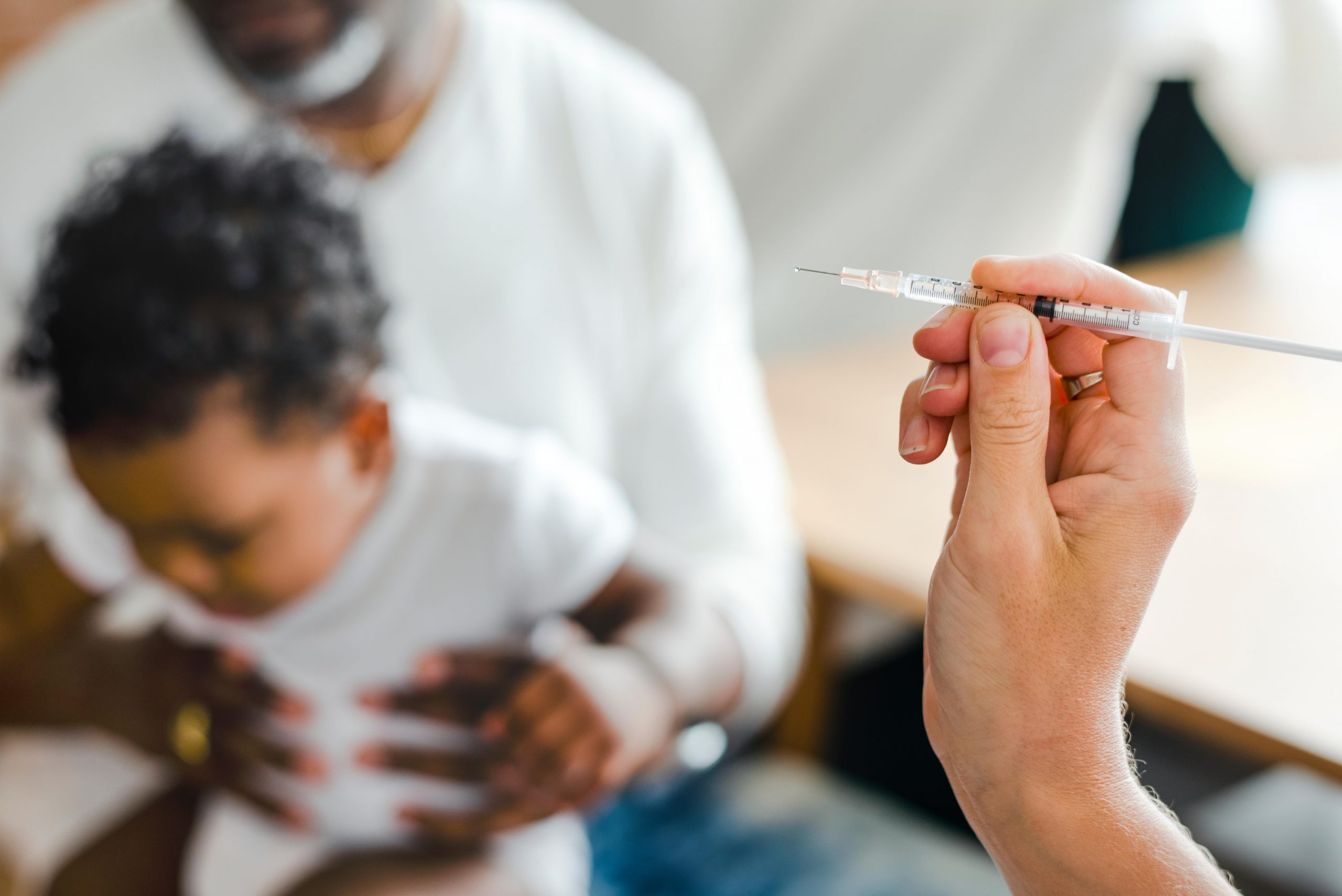
The U.S. Food and Drug Administration on Friday approved the emergency use of both the Pfizer and Moderna COVID-19 vaccines for the country’s youngest children.
The approvals come not a moment too soon: More than two years into the pandemic, children younger than 5 still have no vaccine available to them.
“Many parents, caregivers and clinicians have been waiting for a vaccine for younger children and this action will help protect those down to 6 months of age. As we have seen with older age groups, we expect that the vaccines for younger children will provide protection from the most severe outcomes of COVID-19, such as hospitalization and death,” FDA Commissioner Dr. Robert Califf said in an agency news release. “Those trusted with the care of children can have confidence in the safety and effectiveness of these COVID-19 vaccines and can be assured that the agency was thorough in its evaluation of the data.”
One expert heralded the news.
“Children under the age of 5 are the last group to become eligible for the COVID vaccine. Today’s news should offer reassurance to millions of parents who have been waiting to protect their children against this harmful virus,” Dr. Diego Hijano, a top infectious disease specialist at St. Jude Children’s Research Hospital, said in a statement.
“Today’s message for parents is do not wait to get your child vaccinated and protected against the COVID virus. Model projections forecast a potentially difficult fall infection season and while children are on summer break, now is the time to schedule their vaccine appointment. The COVID vaccine will provide children with the highest levels of antibody protection and overwhelmingly reduce the potential for hospitalizations and severe illness,” Hijano added.
Following the FDA approval, an advisory panel to the U.S. Centers for Disease Control and Prevention will vote on Saturday on whether to endorse the shots. The final step in the approval process will come when CDC Director Dr. Rochelle Walensky green lights the shots.
Challenges remain: Perhaps most critical is that neither vaccine has been tested against the subvariants that are now circulating in the United States. The clinical trials were largely conducted when the Omicron variant was dominant last winter. Since then, the BA.2 subvariant has claimed that title. And two newer subvariants, BA.4 and BA.5, could soon fuel most cases in this country. As of June 11, BA.5 accounted for 13.3% of all COVID-19 cases, while BA.4 fueled 8.3% of cases.
Both vaccines appear significantly less effective against symptomatic infection than the adult vaccines were when they were first introduced, mostly because Omicron and its subvariants have been far more able to dodge the vaccines’ defenses against infection than the original virus was.
But making these vaccines available to young children is still critical because they are vulnerable to a rare complication of COVID called multisystem inflammatory syndrome in children (MIS-C), which causes severe inflammation throughout the body.
Given the waning of protection observed among adult recipients and the virus’s rapid evolution, regulators have said children who would get the vaccines would likely require a booster shot. That would mean Pfizer’s vaccine could wind up as four doses, while Moderna’s could be three.
After two doses, Pfizer’s vaccine was only about 28% effective at preventing symptomatic infection in children aged 6 months through 4 years old. Pfizer has suggested the vaccine was 80% effective after a third dose, but the finding was based on only 10 cases out of a subset of the 1,678 trial participants, according to The New York Times.
Meanwhile, Moderna found its vaccine to be 51% effective in preventing symptomatic infection in children 6 months to 2 years old, and 37% effective in children ages 2 through 5. Those results appear consistent with those reported in adult studies conducted during the Omicron era, the FDA said. Still, immunization continues to offer strong protection against severe disease that leads to hospitalization and death.
If the CDC endorses the shots by the weekend, health officials have said the federal government will be ready to ship doses out next week.
During a media briefing earlier this month, White House COVID-19 coordinator Ashish Jha said the federal government has an initial supply of 10 million doses of pediatric vaccines and states could start placing orders.
“Our expectation is that within weeks every parent who wants their child to get vaccinated will be able to get an appointment,” Jha said.
The White House wants states to prioritize the doses for young children to high-traffic locations such as children’s hospitals, and to offer appointments outside regular work hours so it’s easier for parents to get their children vaccinated, the Associated Press reported.
Pharmacies and states have already ordered millions of doses of the Pfizer and Moderna COVID vaccines for children younger than 5, the Biden administration said last week.
But there’s still uncertainty about uptake. Only one in five parents of young children said they would get their kids vaccinated immediately, a recent survey found.
More information
Visit the U.S. Centers for Disease Control and Prevention for more on COVID vaccines for kids.
SOURCES: The New York Times; Associated Press; St. Jude Children’s Research Hospital, news release, June 17, 2022; U.S. Food and Drug Administration, news release, June 17, 2022
Source: HealthDay

Leave a Reply